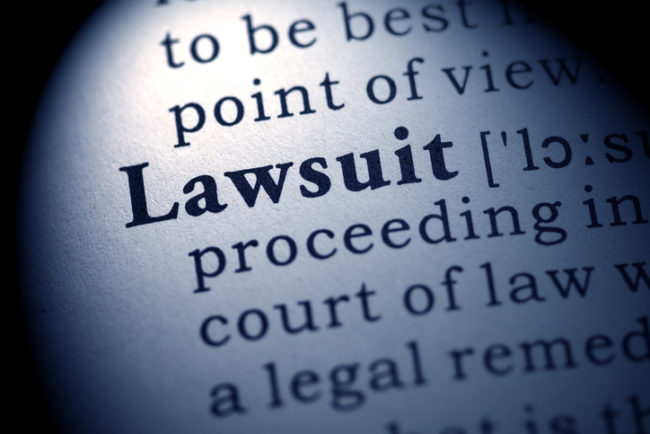The May 2, 2015 match between Floyd Mayweather Jr. and Manny Pacquiao, promoted as the “Fight of the Century,” saw two of this generation’s most prominent figures in boxing go head-to-head for 12 rounds. However, many fans were less than pleased with the outcome of the fight after the Pacquiao camp’s post-fight revelation.
At the conclusion of the match, a “three-judge panel [unanimously] declared Mayweather the overall winner of the match,” the Ninth Circuit said. That same panel declared Pacquiao the “winner of between two and four rounds.” However, three hours before the fight began, it was revealed that Pacquiao suffered an injury to his right shoulder four weeks earlier.
Disgruntled fans (plaintiffs) filed suit against Mayweather, Pacquiao, AT&T, Inc. (HBO’s parent company), and promoters Top Rank and Bob Arum. Soon after filing, the cases were consolidated into a class action lawsuit (the Pacquiao Litigation). On August 25, 2017, U.S. District Court Judge for the Central District of California, R. Gary Klausner, dismissed each case with prejudice. Judge Klausner held that, “Plaintiffs suffered no cognizable injury to a legally protected interest because ‘the alleged misrepresentations and omissions implicate the core of athletic competition’ as opposed to ‘business outcomes and financial performance.’”
The plaintiffs filed a timely appeal. On November 21, 2019, a three-judge panel from the U.S. Court of Appeals for the Ninth Circuit ruled the “District Court was . . . correct to knock out Plaintiff’s complaints.” Ninth Circuit Court Judge Jacqueline Nguyen agreed with Judge Klausner that the plaintiffs failed to show a cognizable injury. In addition, Judge Nguyen noted that “letting the case proceed could fundamentally alter professional sports by requiring athletes to disclose minor injuries, which opponents could use to their advantage, or risk a slew of lawsuits.”
Both the district court and appellate court referenced the “license approach” to analyzing these claims.” Under this approach, which has been used by the Third and Seventh Circuit Courts of Appeal, the “ticket holder enjoys only the right to view the ticketed event, and therefore no cognizable injury arises simply because the event did not meet fan expectations.”
Here, the Pacquiao Litigation plaintiffs alleged that they “would not have purchased tickets to the fight but for [Pacquiao’s, the boxing promotors and HBO’s] misrepresentations.” Namely, that they failed to disclose Pacquiao’s injury. However, the Ninth Circuit found that the plaintiffs “essentially got what they paid for—a full-length regulation fight between these two boxing legends.” Despite two boxing legends going blow-for-blow, the match was not full of the drama or the intrigue the plaintiffs expected when they purchased their tickets. Essentially, the Ninth Circuit ruled that the plaintiffs’ claims are down for the count.

